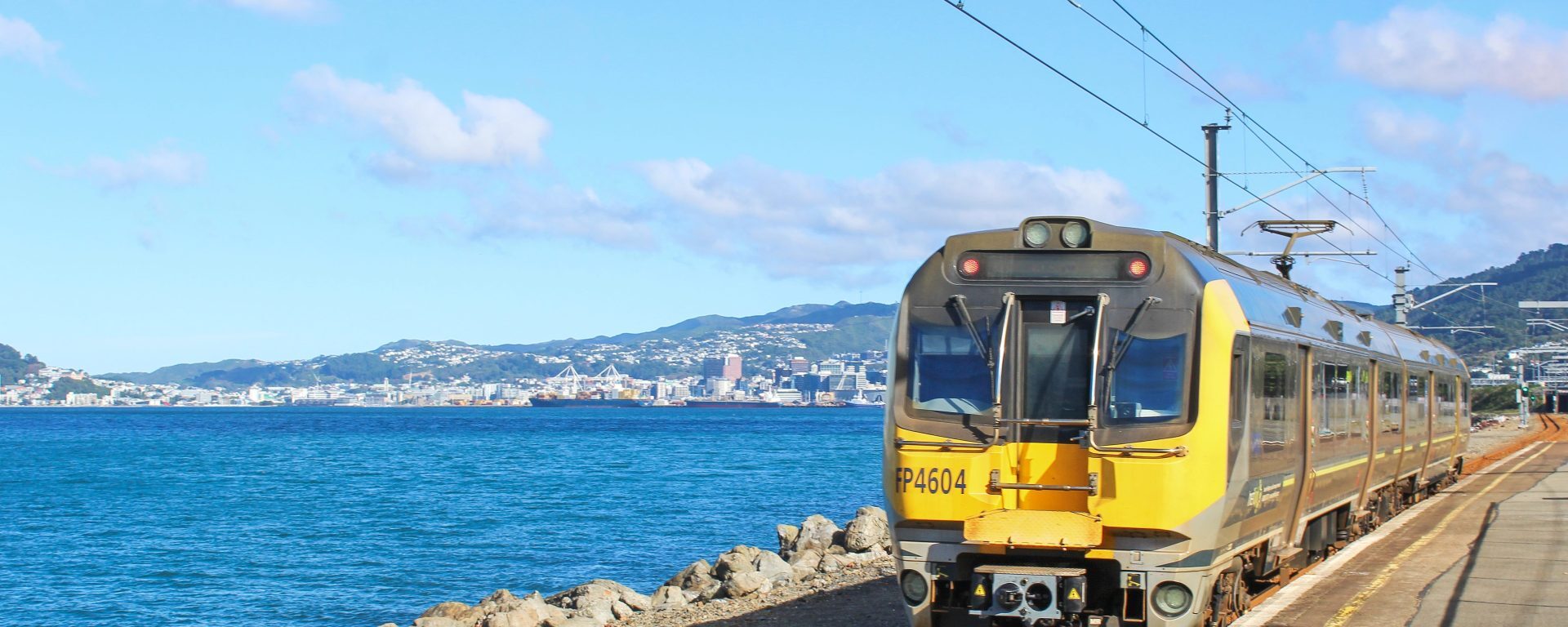This is both a recognition of Transdev's rail performance and the opening of a new chapter in our strong partnership. New Zealand is a country on the move, and our local teams are heavily involved in accompanying it on its journey towards increasingly decarbonized and inclusive mobility.
Thierry Mallet, Chairman and CEO of Transdev Group
It was in 2016 that Transdev Wellington (TDW) began operating the passenger rail network on behalf of the Greater Wellington Regional Council (GWRC), under the Metlink brand. Transdev operates five regional lines around the capital on a network of 154 km of tracks with 49 stations. TDW provides over 2,000 weekly services, with 1.3 million journeys and 3.22 million km covered per year. From the outset, Transdev set up a control center with a dedicated area for service monitoring and track control, in direct contact with the safety team.
Transdev has increased average punctuality from 91.8% between 2012 and 2015 to 96.8% over the 2019-2023 period. Service reliability has improved considerably, from an average of 94.9% between 2012-2015 to 99.2% for the 2019-2023 period. These measures have led to 100% train availability in 2022 and 2023.
Press release
Download Transdev New Zealand press releaseThe Transdev Group is applying its 25 years of rail expertise in five countries: in New Zealand, where Transdev is also present in Auckland, in Germany, the Netherlands, Sweden and now in France, with the country’s first line open to competition, for the Marseille-Toulon-Nice regional link, which will start operating in the summer of 2025.
In countries that have already been open to competition for many years, Transdev is a major rail operator. In Germany, it is even the leading private rail operator. The Group operates both dense urban lines and regional connections, as well as smaller lines serving smaller areas.
All in all, Transdev’s rail business involves 32 contracts, over 800 trains and more than 205 million passengers a year.
All these regional and suburban links are part of daily mobility. They are essential for all local authorities, from an economic, social and environmental point of view. Strengthening these services means building credible alternatives to the private car and working for the common good.


